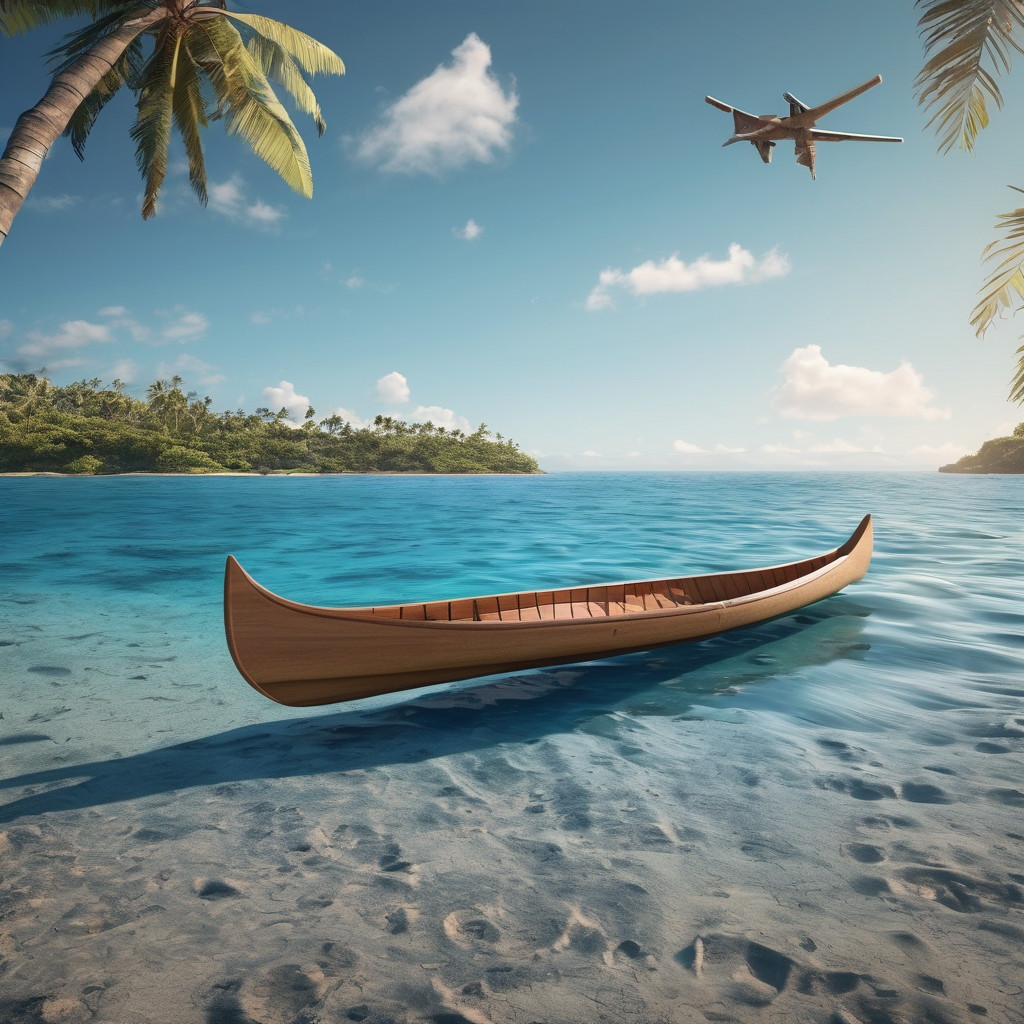The second Pacific Islands Ocean Conference (PIOC), held on September 29, 2025, at the Heritage Park Hotel, brought together a diverse group of participants, including traditional knowledge holders, scientists, and ocean professionals from across the Pacific region. The aim was to address the pressing challenges facing their oceans. An impressive performance by the Dreamcast team opened the conference, highlighting the essential relationship between the ocean, scientific understanding, and traditional wisdom.
Dr. Filimon Manoni, the Pacific Ocean Commissioner, accentuated the pivotal goal of achieving people-centric ocean governance. He stressed the importance of community involvement in oceanic decision-making processes and highlighted the responsibility of future generations as stewards of the ocean — not only as a vital resource but also as a core part of their identities demanding sustained care and conservation.
The five-day event, organized collaboratively by the Office of the Pacific Ocean Commissioner (OPOC), the Pacific Community (SPC), and the Secretariat of the Pacific Regional Environment Programme (SPREP), served as a platform for developing sustainable ocean management strategies. Key discussion topics included community-based fisheries management, combating illegal fishing, and merging traditional practices with contemporary scientific research.
At the heart of the discussions was the importance of community involvement in fisheries management, with a special focus on addressing illegal, unreported, and unregulated fishing. Fiji’s Kinisimere Batibasaga highlighted the critical necessity of fostering a sense of ownership within communities to effectively implement enforcement measures, advocating for a grassroots approach for durable change.
The conference also featured technological innovations, like the app developed by Laitia Tamata, designed to aid fishermen in tracking their catches and linking them to local markets. This represents a progressive move towards empowering local stakeholders while supporting broader monitoring efforts.
The conference placed significant importance on blending traditional knowledge with scientific innovation. Participants examined methods like community taboos, seasonal fishing bans, and sacred marine sites, which integrate with scientific data to provide a holistic approach to ocean management.
Despite these advancements, sustaining long-term conservation initiatives remains challenging, particularly for projects that do not yield immediate benefits. The conference emphasized the need for practical, community-driven monitoring systems and educational programs that align conservation with economic incentives. It underscored the importance of creating partnerships between governments, NGOs, and local enterprises.
The conference concluded with a call to merge conservation efforts with livelihood opportunities, recognizing the ocean’s dual role as a vital resource for sustenance and a core identity element for Pacific communities. Through integrating science, tradition, and policy, the Pacific region can endeavor to create a resilient and sustainable future for its oceans and the communities that depend on them.
